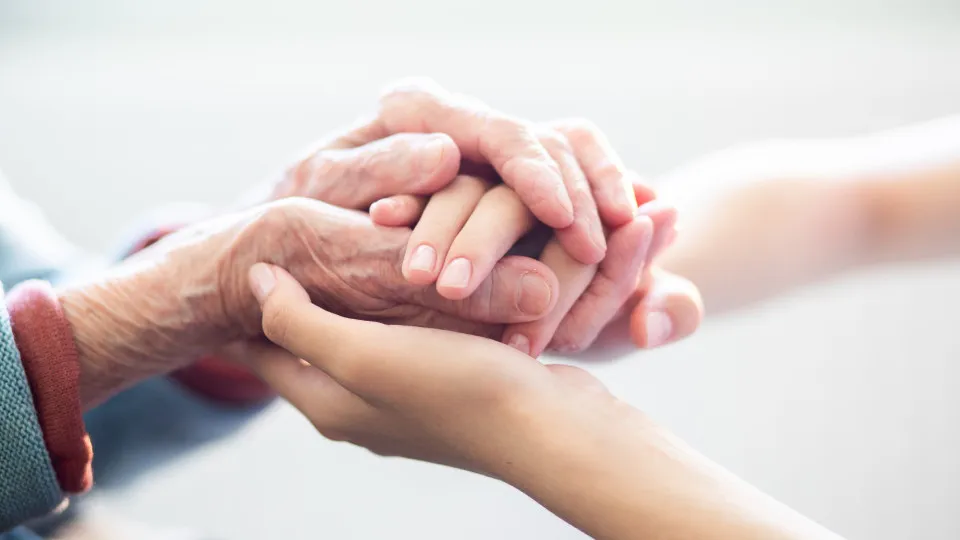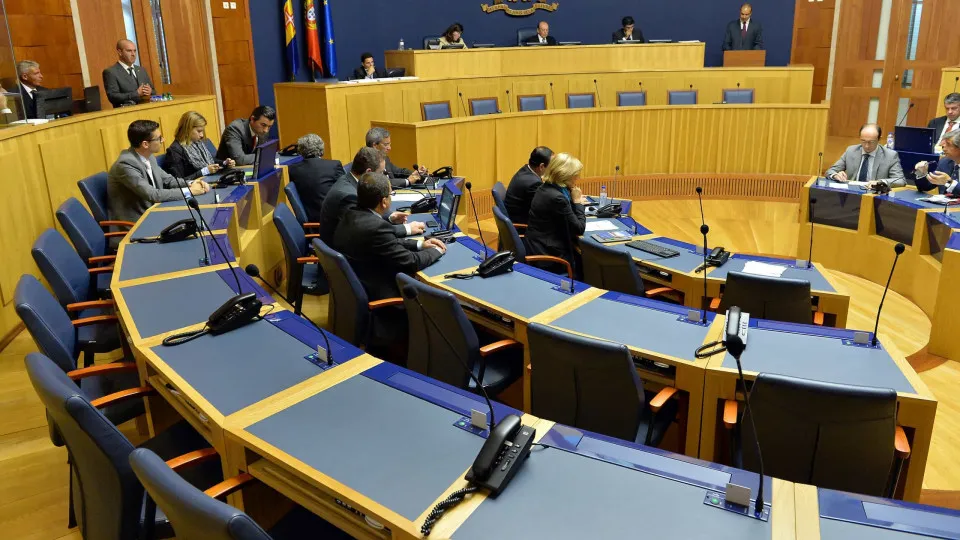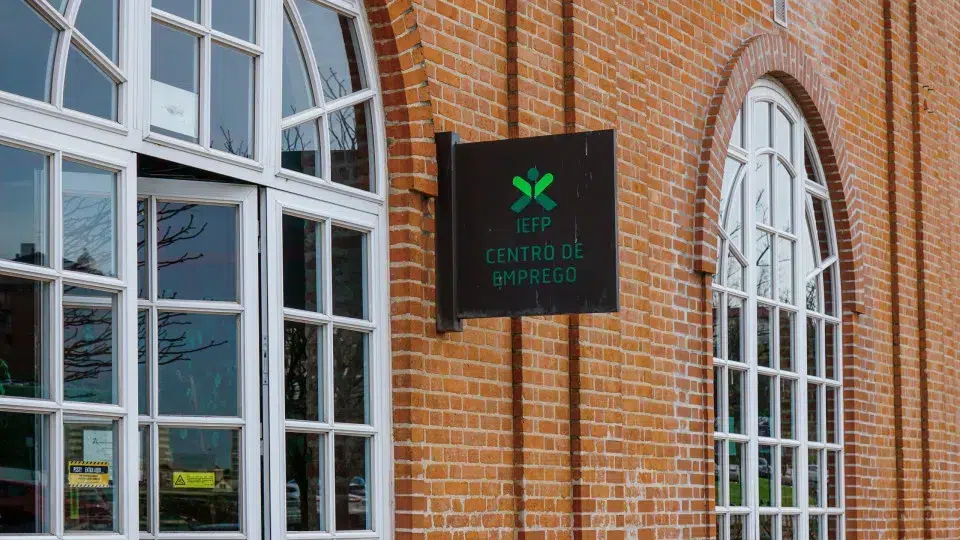
This Wednesday marks the Day of the Informal Caregiver, the government announced in a post on Instagram, explaining that an informal caregiver is someone who provides regular or permanent care to a person in a state of dependency.
In the same post, the following data were shared by the Executive:
- Between 2024 and 2025, the number of recognized caregivers increased from 13,978 to 18,332;
- In 2025, over 90% of these caregivers had a professional reference in the areas of Health and Social Security;
- The majority of informal caregivers are women (84%), with an average age of 56 years;
- In most cases, they care for their mother or father (37.35%), a child (31.55%), or a spouse (11.74%);
- In 96% of situations, the caregiver dedicates themselves to one person.
Did you know there is a Main Informal Caregiver Support Allowance?
The Main Informal Caregiver Support Allowance is a “monetary support paid monthly to the main informal caregiver, meaning the person who permanently cares for a dependent person,” according to Social Security.
However, there are certain conditions for access. They are as follows:
- Family income does not exceed 1.3 times the Social Support Indexation (IAS);
- Not receiving benefits that cannot be accumulated with this subsidy, except for early pensions (e.g., early old-age pension);
- Receiving an early pension only if: at the date of the request for the early pension or up to 12 months after, they were already part of the dependent person’s household and if the dependent person received:
-Second-degree Dependency Supplement or;
-Third-Party Assistance Subsidy or;
-First-degree Dependency Supplement.
Social Security also explains that “the amount and duration are variable.”
Status of the Informal Caregiver: For Whom?
According to an informational leaflet on the subject, one can be recognized as an informal caregiver if:
- They legally reside in national territory;
- They are 18 years or older;
- They have the availability and health conditions adequate for providing care to the dependent person;
- They are married to, a de facto partner of, or related within the 4th degree to the dependent person (children, grandchildren, great-grandchildren, siblings, parents, uncles, grandparents, great-grandparents, great-great-grandparents, great-uncles, or cousins);
- They do not have a kinship bond;
- They do not receive an absolute disability pension, pension from the special disability protection regime, or dependency benefits;
- They have shared custody of the dependent person (both parents can be non-principal Informal Caregivers).
Furthermore, one is recognized as the Principal Informal Caregiver if:
- They are a family member sharing a home or sharing mutual support and resource sharing with the dependent person (they may or may not live in the same house);
- They are not a family member but live with the dependent person (must be the sole caregiver and have the same tax domicile);
- They provide care even if the dependent person attends a school or non-residential social response;
- They do not work (paid activity, volunteering, or internship);
- They do not receive unemployment benefits;
- They do not receive compensation for the care they provide to the dependent person.




